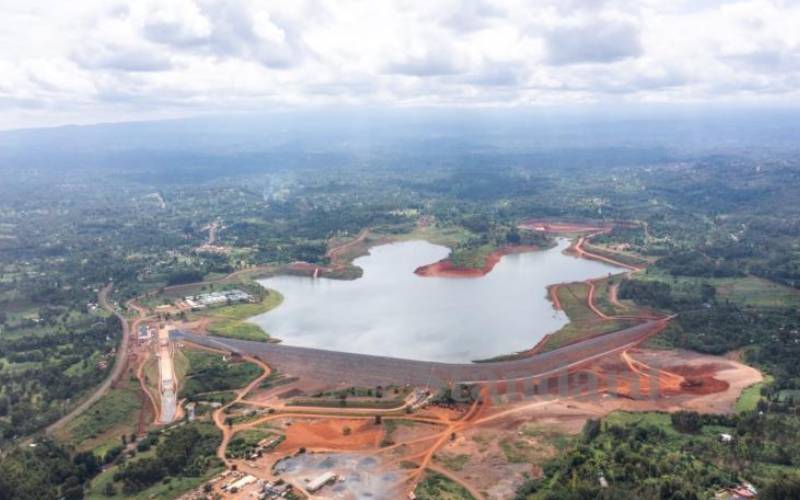×
The Standard e-Paper
Smart Minds Choose Us

Thiba Dam is now at half capacity, with seven million cubic metres of water already impounded.
The dam, which has a holding capacity of 15.6 million cubic metres, is currently pumping two million cubic metres of water to the Mwea rice irrigation scheme.